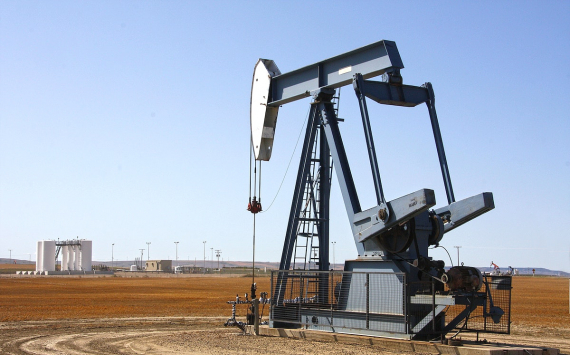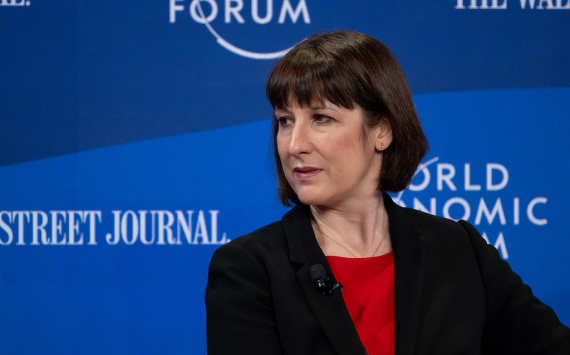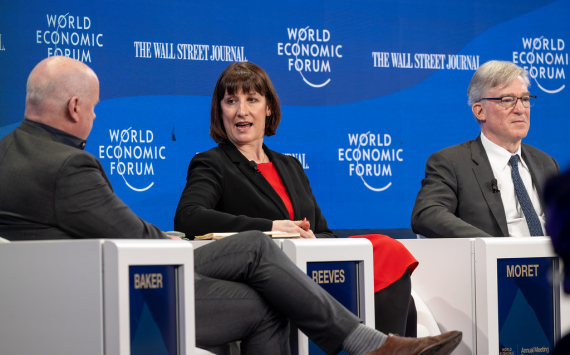
Oil production indicators
The oil production of the member countries of the Organization of the Petroleum Exporting Countries (OPEC) may reach from 45% to 65% of total world production by 2050, having almost doubled compared to the same indicator in the mid-2020s. This estimate is given in the annual forecast of the British oil and gas company BP.
BP's forecast considers three possible scenarios for the development of the global energy industry until 2050:
- Accelerated;
- Net Zero;
- New Momentum.
It is worth noting that in the mid-2020s, according to the British company's forecast, in all three scenarios OPEC's share of global oil production will be just above 30%.
"OPEC's production strategy takes into account the changing competitive environment. OPEC will reduce production in the first decade of the period considered in the forecast in response to production increases in the United States and other non-OPEC countries," the report explains.
But as we approach 2050, OPEC countries will increase their share of the global oil market against a backdrop of declining demand and a decline in competitiveness of U.S. oil production. "OPEC's share of global oil production will increase to 45-65% by 2050 in all three scenarios," the forecast notes. Thus, the figure could almost double OPEC's projected share of global oil production in the mid-2020s.
BP expects US oil production to grow until the end of this decade, but it will start to decline in the 2030s. In the next decade, oil production will also increase in Brazil and Guyana and reach 5 million barrels per day (bpd) and 2 million bpd respectively by the mid-2030s.
The British company also predicts that oil demand will decrease by 2050 due to the reduction in the use of road transport with internal engines and the transition to electric transport.
Thus, BP analysts believe that the number of electric cars in the world will grow from 20 million units in 2021 to 550-700 million units in 2035 and up to 2 billion units, which is equal to 80% of the entire global car fleet by 2050. However, even with this scenario for the global energy market, BP believes that oil will continue to play a leading role in the energy system over the next 15-20 years.







































